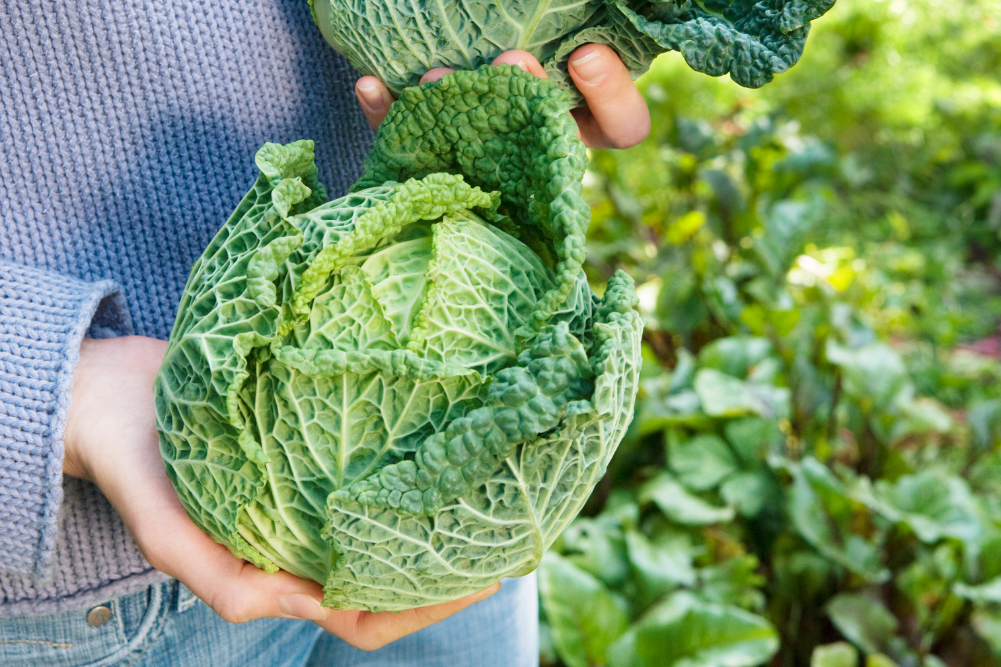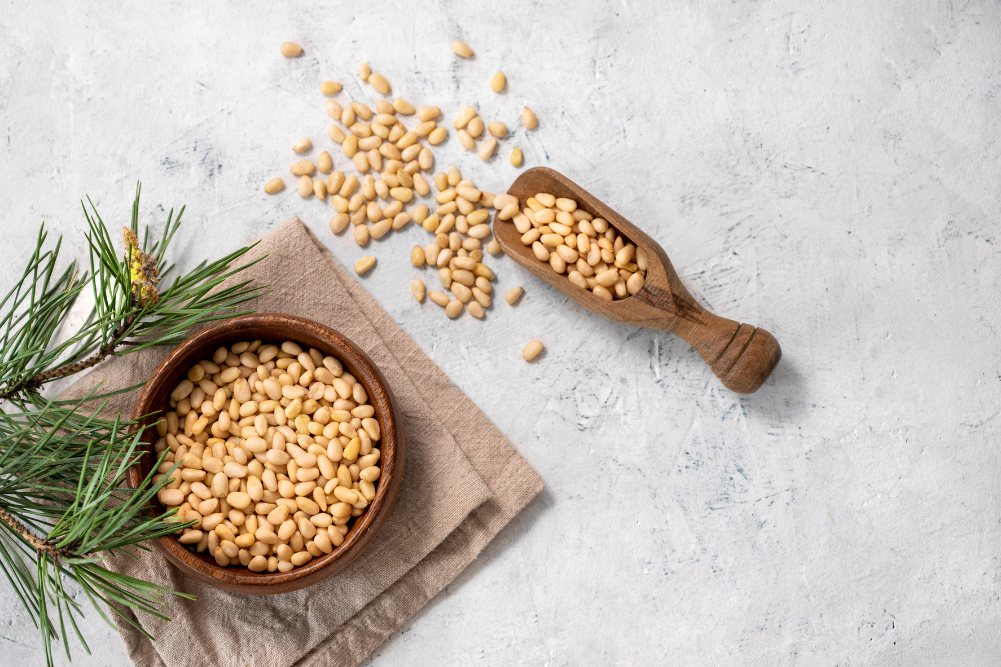Are milk alternatives good for you?
For those who prefer non-dairy drinks, there is a whole range of milk-alternative drinks: soy milk, rice milk, almond milk, coconut milk and more.
But how do these non-dairy drinks fare when compared to the real stuff – that is, with cow’s milk?
In a first of its kind study in the UK, researchers from the University of Surrey examined iodine content in 47 milk-alternative drinks including soy, rice, oats, hazelnut, almond and hemp. They compared this to the iodine content in cow’s milk.
Milk which is specifically marketed for infants and children were not included in this study.
A glass of milk alternative drink provides 12 mcg of iodine which is a small proportion of normal recommended iodine intake of 150 mcg per day.
Iodine is an essential nutrient and is used to make thyroid hormones. It is particularly important during pregnancy as it is essential for normal fetal development.
Previous studies in the UK have shown iodine deficiency in pregnant mothers is linked to lower IQ and reading scores in children up to the age of nine.
A glass of milk-alternative drink provides 12 mcg of iodine which is a small proportion of the normal recommended iodine intake of 150 mcg per day. And during pregnancy the recommendation goes up to 200 mcg/day.
The analysis found that the median iodine concentration of all unfortified milk-alternative drinks was low at 7.3 μg/kg compared to 438 μg/kg median iodine content in winter conventional cows’ milk.
One brand of milk-alternative drinks fortified its soy, oats and rice milk with iodine and they had a higher iodine concentration at 280, 287 and 266 μg/kg respectively – much higher than unfortified drinks.
The iodine content of organic milk at a median of 324 μg/kg was lower than that of conventional milk.
Milk-alternative drinks not fortified with iodine have very low iodine and if you are avoiding milk and dairy products then its recommended that you get your daily iodine dose from other dietary sources such as white fish.
Source: British Journal of Nutrition






